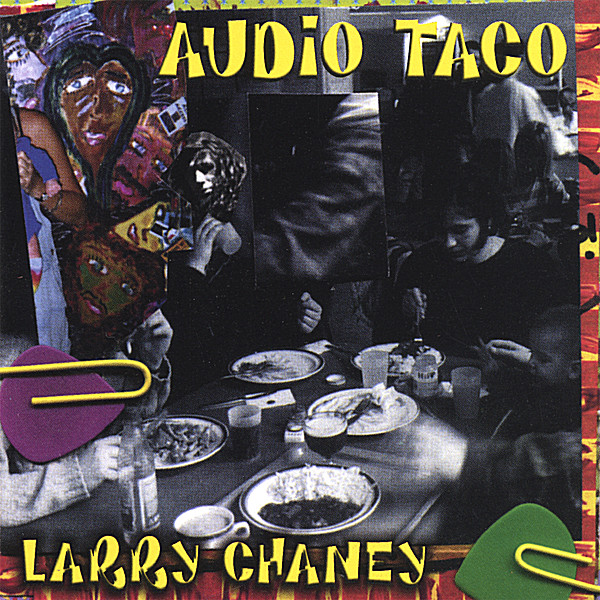
Paris, Django
product information
description
gies raises fundamental questions about the purpose of schooling in changing societies. Bringing together an intergenerational group of prominent educators and researchers, this volume engages and extends the concept of culturally sustaining pedagogy (CSP)--teaching that perpetuates and fosters linguistic, literate, and cultural pluralism as part of schooling for positive social transformation. The authors propose that schooling should be a site for sustaining the cultural practices of communities of color, rather than eradicating them. Chapters present theoretically grounded examples of how educators and scholars can support Black, Indigenous, Latinx, Asian/Pacific Islander, South African, and immigrant students as part of a collective movement toward educational justice in a changing world.
Book Features:
- A definitive resource on culturally sustaining pedagogies, including what they look like in the classroom and how they differ from deficit-model approaches.
- Examples of teaching that sustain the languages, literacies, and cultural practices of students and communities of color.
- Contributions from the founders of such lasting educational frameworks as culturally relevant pedagogy, funds of knowledge, cultural modeling, and third space.
Contributors: H. Samy Alim, Mary Bucholtz, Dolores Inés Casillas, Michael Domínguez, Nelson Flores, Norma Gonzalez, Kris D. Gutiérrez, Adam Haupt, Amanda Holmes, Jason G. Irizarry, Patrick Johnson, Valerie Kinloch, Gloria Ladson-Billings, Carol D. Lee, Stacey J. Lee, Tiffany S. Lee, Jin Sook Lee, Teresa L. McCarty, Django Paris, Courtney Peña, Jonathan Rosa, Timothy J. San Pedro, Daniel Walsh, Casey Wong
member goods
No member items were found under this heading.
Return Policy
All sales are final
Shipping
No special shipping considerations available.
Shipping fees determined at checkout.







